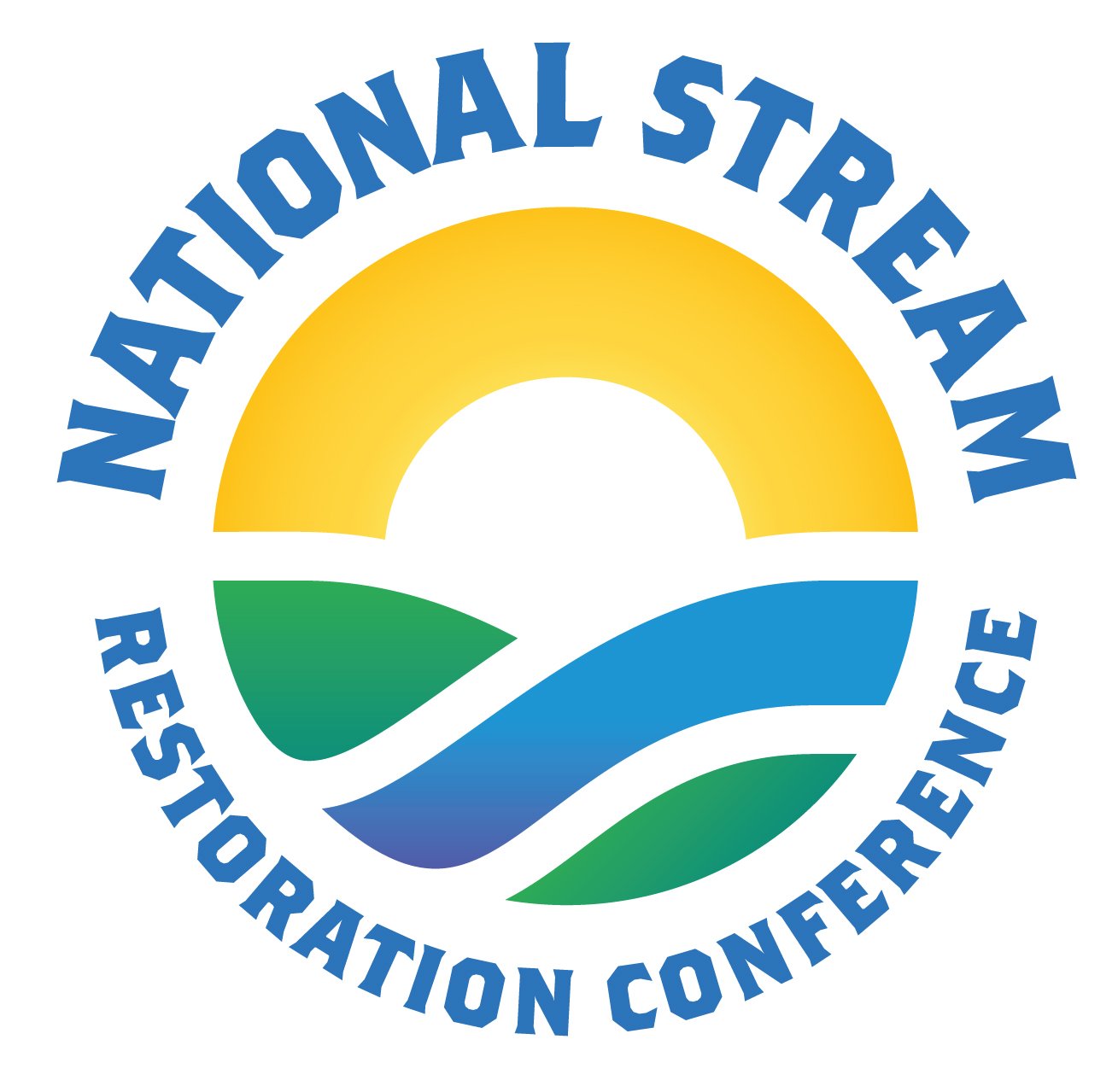Flood Mitigation Assessment of Stream Debris Removal
Jack Kurki-Fox, PhD
NC State University, Bio&Ag Engineering
Raleigh, NC
Authors: Jack Kurki-Fox, Barbara Doll – NC Sea Grant and NC State Bio&Ag Engineering
Daniel Line - NC State Bio&Ag Engineering
Millions of dollars are spent each year in North Carolina to remove debris (primarily large wood) from streams to reduce future flooding; however, aside from anecdotal observations, there has been little analysis or scientific documentation of the flood reduction benefits of these actions. There are also potential negative impacts of debris removal as large wood naturally supplied by the adjacent riparian buffer and upstream watershed sources is critical to stream and river habitat. The goal of this project was to quantify the flood reduction benefits of debris removal. Three streams that were allocated funds for debris removal activities were selected for debris inventory and hydraulic modeling analysis. At each stream, channel cross sections were surveyed and the woody debris in the channels were inventoried along a 2500-foot reach. The survey cross sections and NCEM LiDAR data were used to develop 2D HEC-RAS models of each stream and several scenarios were evaluated: (1) existing condition with inventoried debris, (2) debris removed, and (3) 25%, 50% and 75% of the channel blocked by wood debris.
Discharges corresponding to the 10-, 25-, 50-, and 100-year return periods were modeled. In addition to site specific modeling, a sensitivity analysis was conducted by varying the width of the floodplain, the stream channel slope and percent channel blockage in the hydraulic model. The impacts of debris removal across various storm return periods will be presented along with recommendations for debris removal site selection and evaluation.
About Jack Kurki-Fox, PhD
Jack Kurki-Fox is a Research Scholar in the Biological & Agricultural Engineering Department at NC State University. He is a licensed professional engineer who conducts monitoring, modeling and engineering analysis to support research and extension efforts related to water quality, flooding and water management. He has conducted extensive modeling and analyses to identify flood mitigation options for communities in eastern NC, evaluate infrastructure improvements to increase resiliency, and test the flood mitigation potential of natural infrastructure. He earned bachelor’s and master’s degrees in Civil Engineering from the University of Florida and a PhD in Biological & Agricultural Engineering from NC State University. Prior to pursuing his PhD, he worked as a consulting engineer designing and inspecting wastewater and drinking water systems.
https://www.bae.ncsu.edu/people/jjkurkif/

